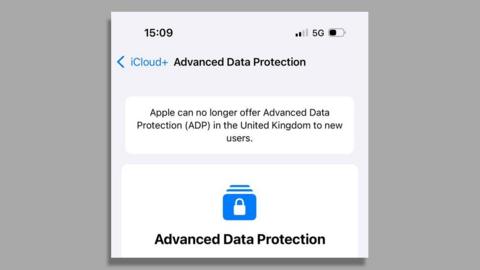Apple has made headlines by pulling its most advanced data security tool for UK customers.
It is removing Advanced Data Protection (ADP) after the Home Office asked for the right to be able to access data which it is applied to - something even Apple itself cannot currently do.
Rather than comply with that request, on Friday the tech giant said it would halt new UK sign-ups to the tool and remove existing user access at a later date.
The move has prompted criticism of the UK government's actions - but also confusion about what protections remain for UK Apple customers.

